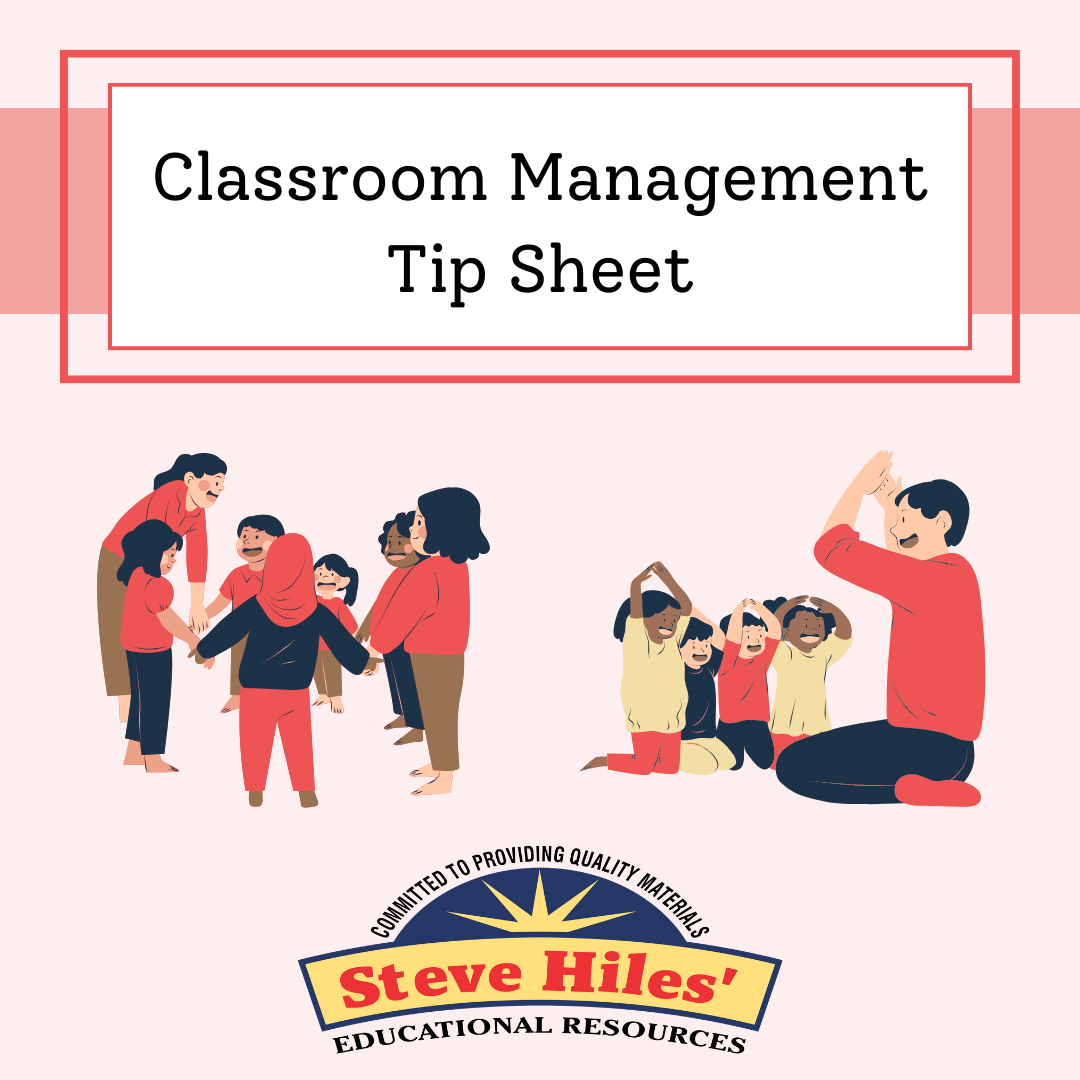It’s a challenge, but with the right strategies, we can create a positive learning environment for everyone involved.
Table of Contents
ToggleStrategy 1 – Set Clear Expectations
The first strategy is to set clear expectations from day one. Establish a code of conduct and communicate it clearly to your students. Make sure they understand the consequences of disrespectful behavior. By creating a structured environment, you’re providing a framework for positive behavior and holding everyone accountable.
Strategy 2 – Foster Positive Relationships
Our second strategy revolves around building positive relationships with your students. Take the time to get to know them on a personal level. Show genuine interest in their lives and concerns. When students feel a connection with their teacher, they are more likely to respect the rules and expectations set in the classroom.
Strategy 3 – Implement Consistent Consequences
Consistency is key when dealing with disrespectful behavior. Our third strategy involves implementing consistent consequences. Be fair and firm in your responses to inappropriate actions. Whether it’s a warning, a discussion, or a predetermined consequence, make sure it aligns with the severity of the behavior. Consistency sends a clear message about the expectations you’ve set.
An Additional Strategy – Involve Support Services
Now, let’s discuss an additional strategy for situations where all else seems to fail in rectifying disrespectful behavior—Involving Support Services. In some cases, a student’s challenging behavior may require additional intervention beyond the scope of the classroom. If you’ve exhausted your efforts without improvement, it’s crucial to bring in the expertise of support services within your school.
Reach out to your school’s counselor, behavior specialist, or any other support professionals who can provide a more in-depth assessment of the situation. They may offer insights into the underlying causes of the behavior and recommend targeted interventions. Collaborating with these professionals can contribute to a comprehensive approach in addressing the needs of the student and promoting a more positive learning experience.
Remember, seeking external support doesn’t imply failure on your part as an educator. It demonstrates a commitment to the well-being and success of the student. By working together with support services, you’re tapping into a network of resources aimed at helping students overcome challenges and fostering a positive learning environment for everyone involved.
Managing disrespectful students is undoubtedly a challenge, but by setting clear expectations, fostering positive relationships, and implementing consistent consequences, and reaching out to support professionals, when necessary, educators can create an environment that promotes respect and learning. Remember, every student is unique, and these strategies can be adapted to suit different situations.







